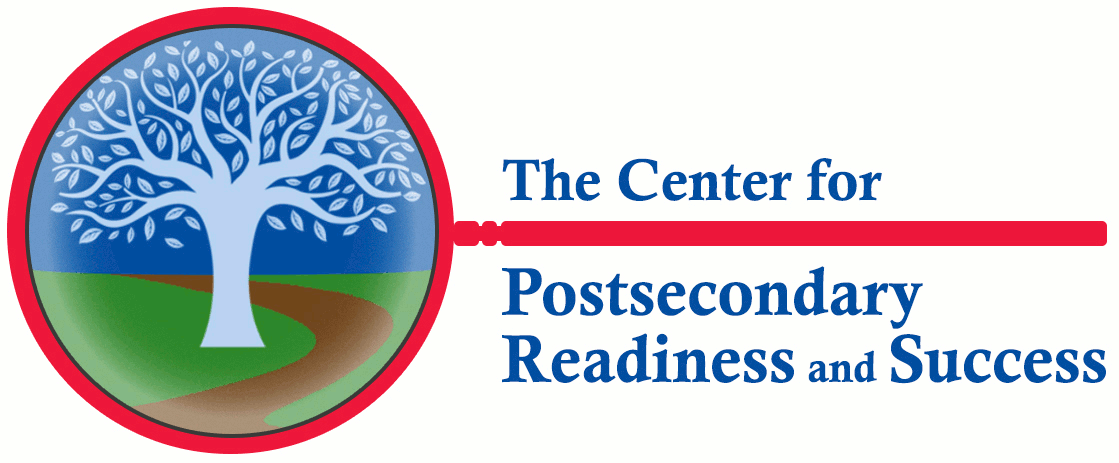ScholarWorks > WMU > JCA > Vol. 1 (2015) > Iss. 1
Abstract
Summer melt occurs when students who have been accepted to college and intend to enroll fail to matriculate in college in the fall semester after high school. A high rate of summer melt contributes to the lower postsecondary attainment rates of low-income students, in particular. This article presents qualitative findings from two interventions intended to reduce summer melt among low-income, urban high school graduates who had been accepted to college and indicated their intention to enroll. Results from student and counselor surveys, interviews, and focus groups point to a web of personal and contextual factors that collectively influence students’ college preparation behaviors and provide insight into the areas of summer supports from which students like these can benefit. The data fit an ecological perspective, in which personal, institutional, societal, and temporal factors interact to affect students’ behaviors and outcomes. A model of summer intervention shows that obstacles in completing college financing and informational tasks can lead college-intending students to re-open the question of where or whether to attend college in the fall after high school graduation. Given the pressure of concerns about how to actualize their offer of admission, students rarely engage in the anticipatory socialization activities that might help them make optimal transitions into college.
Recommended Citation
Arnold, Karen D.; Chewning, Alexandra; Castleman, Benjamin; and Page, Lindsay
(2015)
"Advisor and Student Experiences of Summer Support for College-intending, Low-income High School Graduates,"
Journal of College Access: Vol. 1:
Iss.
1, Article 3.
Available at:
https://scholarworks.wmich.edu/jca/vol1/iss1/3


